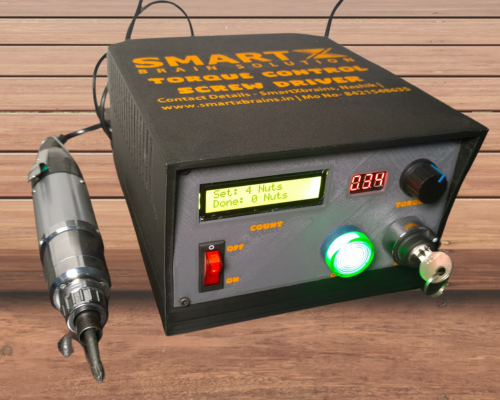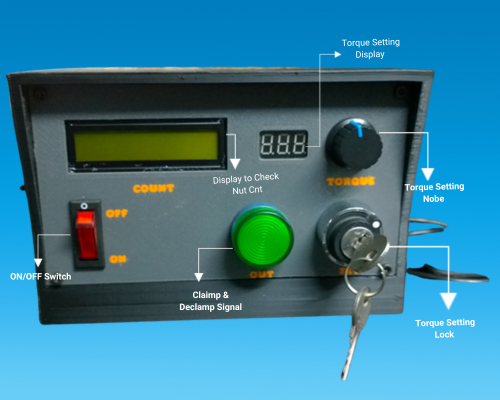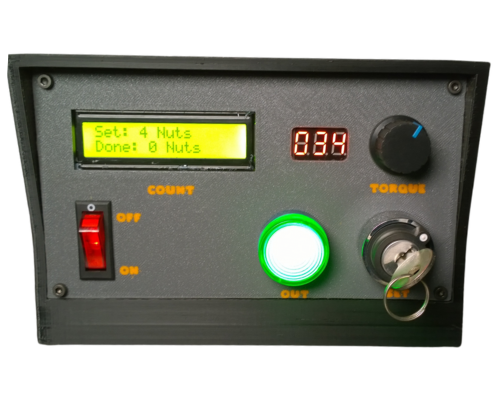Choosing the right torque range screw gun for your assembly line is a crucial step toward ensuring product quality, maximizing efficiency, and minimizing errors. Whether you’re assembling electronic devices, automotive parts, or heavy machinery, the right tool can make a significant difference. In this blog, we’ll walk you through the factors to consider when selecting the ideal torque control screwdriver for your production process.



What Is a Torque Range Screw Gun?
A torque range screw gun is a power tool designed to apply a specific amount of torque to a screw or fastener. These tools come in various torque settings and types, including digital, manual, and pneumatic. The right screw gun ensures that each fastener is tightened to the correct level of torque — neither too tight nor too loose — which is crucial for the durability and functionality of the final product.
Factors to Consider When Choosing the Right Torque Range Screw Gun
1. Screw Size and Type
Different screw sizes and types require different torque levels. For example:
- Small screws (like those used in electronics or small appliances) typically require lower torque settings.
- Larger screws (used in automotive or heavy-duty machinery) may need higher torque to secure them effectively.
Choosing a screw gun with an adjustable or preset torque range based on the size and type of screws used on your line ensures the correct amount of pressure is applied every time.
2. Material of the Screw and Workpiece
The material of both the screw and the workpiece affects the torque needed. Soft materials like plastic require less torque, while metal materials (especially hardened or alloy metals) require more force to fasten the screw securely.
3. Production Speed and Volume
For high-speed, high-volume production lines, you’ll need a screw gun that can keep up without compromising on accuracy. Pneumatic or electric torque screwdrivers are ideal for such fast-paced environments, as they allow for quick and precise tightening without operator fatigue. For slower production lines with more meticulous assembly processes, manual or digital screwdrivers may provide more control.
4. Precision and Error Proofing
If your assembly line demands high precision (such as in aerospace, electronics, or medical devices), digital torque screwdrivers that provide torque readings and error feedback are essential. These tools not only ensure the right amount of torque but also alert the operator if something is wrong, helping to avoid costly errors.
5. Tool Durability and Maintenance
Consider the maintenance required for the screw gun. Tools in high-volume environments must be durable, easy to service, and capable of handling extensive use. Choosing tools that are designed for longevity can save time and cost on repairs and replacements.
Types of Torque Screwdrivers
- Manual Torque Screwdrivers:
Ideal for low-volume production or environments where precision is key, these tools require the operator to apply torque manually. - Pneumatic Torque Screwdrivers:
These tools are air-powered and provide high torque output, making them perfect for fast-paced, high-volume assembly lines. - Electric Torque Screwdrivers:
Electric screwdrivers offer adjustable torque settings, providing flexibility for various screw sizes and materials. These are best for medium to high-speed production lines. - Digital Torque Screwdrivers:
Digital screwdrivers come with features such as torque monitoring and data logging, which are valuable in industries where traceability and error-proofing are a priority.
Conclusion
Selecting the right torque range screw gun depends on a variety of factors, including the size and material of the screw, production speed, and required precision. By understanding your assembly line’s specific needs, you can choose the tool that delivers both accuracy and efficiency, ensuring a smoother production process and higher product quality.

